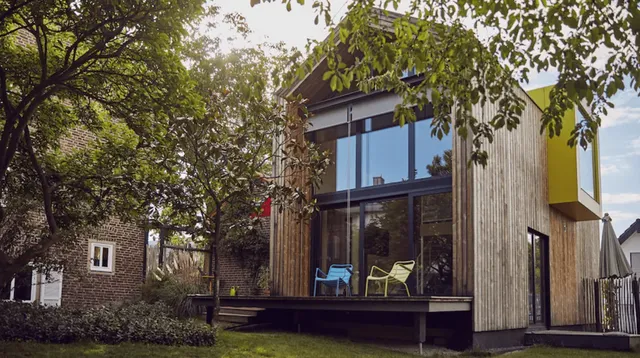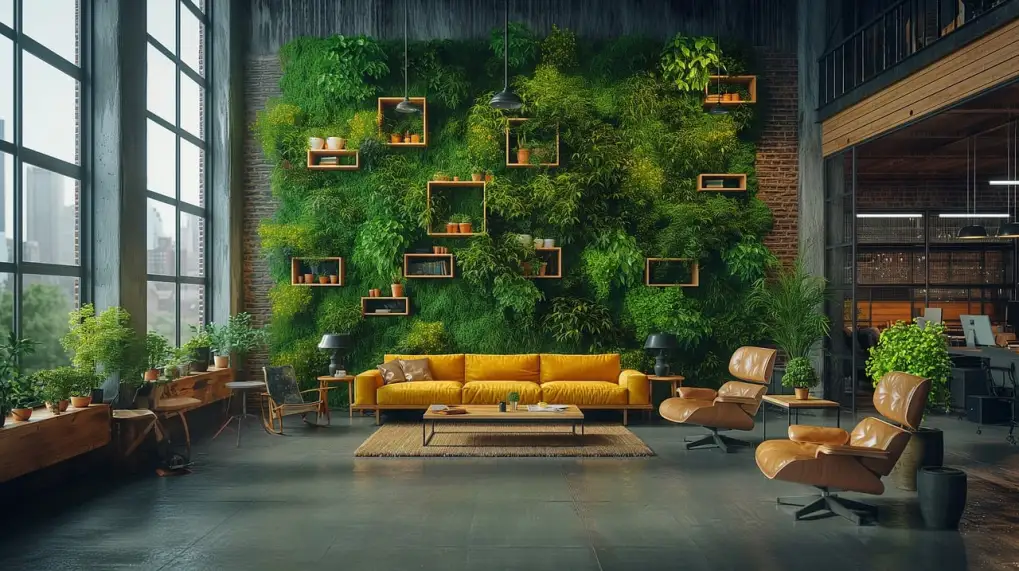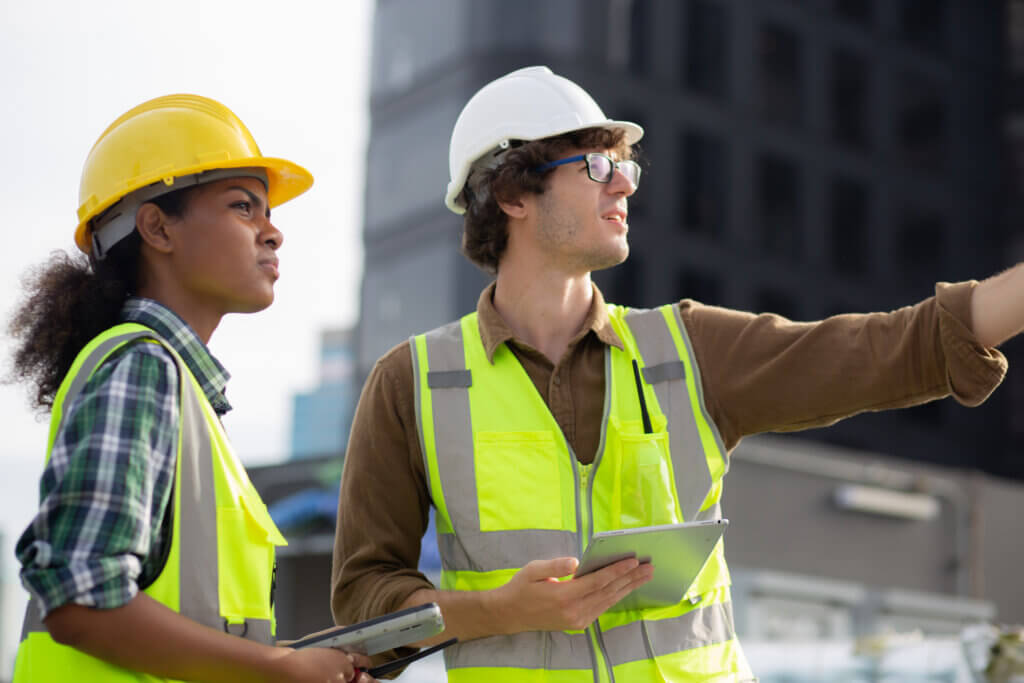
Energy Efficient Home Renovations for Sustainable Living
Understanding Energy Efficiency in Home Renovation
Upgrading your home requires careful attention, especially when it comes to energy efficiency. Older homes often lack the insulation needed for today’s energy demands, which can lead to skyrocketing utility bills. Investing in effective insulation not only enhances comfort but also significantly reduces energy consumption. Many homeowners opt for materials like spray foam or cellulose, which are both eco-friendly and provide superior insulation performance.
For those living in regions with harsh climates, it’s vital to select materials that can withstand local weather conditions. High-performance windows and doors play a crucial role in maintaining your home’s interior temperature. Consider choosing triple-glazed windows and solid-core doors that may provide more insulation and durability than conventional alternatives.

Eco-Friendly Materials for Your Renovation Project
When planning your renovation, selecting sustainable materials should be at the forefront of your decisions. The market is brimming with eco-friendly options that not only benefit the environment but also enhance your home’s aesthetic appeal. Here are some top recommendations to consider:
- Reclaimed wood for flooring and cabinetry
- Bamboo products that are fast-growing and sustainable
- Low-VOC paints which improve indoor air quality
- Off-grid Canadian building supplies that emphasize sustainability
These choices provide a mix of style and functionality while contributing to a healthier living space. Furthermore, opting for durable rural solutions ensures that your home can stand the test of time, providing long-lasting benefits as well.
The Importance of Professional Assistance
While DIY projects can be tempting, enlisting the help of professionals in home renovation is advisable, especially for complex tasks like window and door replacements. Experts understand which materials and techniques will offer the most significant long-term savings and can provide installs that comply with local building codes.
Having reliable professionals in insulation and energy efficiency can also educate homeowners on the latest technology and products available in the market. This knowledge can empower families to make informed choices that align with their sustainability goals, ultimately enhancing the property’s value in case they decide to sell or rent in the future.
Investing in eco-friendly renovation not only transforms your old home into a comfortable haven but also plays a role in promoting environmental well-being. By choosing the right materials and professionals, homeowners can achieve both efficiency and style in their living spaces.

Incorporating Smart Home Technology
Integrating smart home technology into your renovation project can greatly enhance energy efficiency and convenience. Smart devices can monitor and adjust energy usage, making it easier to manage and reduce utility costs. For example, smart thermostats can learn your daily routines and optimize heating and cooling settings accordingly, ensuring that your home remains comfortable without wasting energy.
Another aspect of smart technology lies in home lighting systems. LED bulbs can significantly lower energy consumption while smart lighting can adjust intensity based on natural daylight or your presence in a room. Additionally, automated shades and blinds can effectively manage sunlight exposure, helping to maintain a stable indoor temperature without excessive heating or cooling.
Moreover, consider installing energy monitors that track your home’s electricity use in real-time. This tracking system offers insight into which appliances consume the most energy and highlights areas where adjustments can be made for further savings.
Maximizing Outdoor Spaces
Renovating your home isn’t limited to just the indoors; outdoor spaces also play a crucial role in enhancing the overall appeal and functionality of your property. Landscaping with native plants can minimize water usage and maintenance needs, which aligns perfectly with sustainable practices. Not only do these plants thrive in local conditions, but they also attract beneficial wildlife and contribute to biodiversity.
Another idea is to incorporate permeable pavement in driveways and walkways. This material allows water to drain through, reducing runoff and helping to manage stormwater more effectively. Additionally, you could consider installing a rainwater collection system, which can be used for irrigation or other non-potable uses, further promoting sustainability.
Creating outdoor living areas outfitted with energy-efficient appliances and furniture made from recycled materials can extend your usable space while emphasizing eco-friendliness. Enjoying an outdoor sanctuary becomes even more rewarding when it aligns with environmental sustainability principles.
Financial Benefits of Eco-Friendly Renovation
Investing in eco-friendly renovations doesn’t just contribute to environmental health; it can also lead to considerable financial savings. Many energy-efficient upgrades, including insulation, windows, and HVAC systems, can qualify for tax credits and rebates, making the initial costs more manageable. These incentives encourage homeowners to take on green projects, recognizing both the immediate and long-term benefits.
Furthermore, properties that utilize sustainable materials and energy-efficient technologies often have higher market values. Buyers are increasingly seeking homes that promise lower utility bills and a smaller carbon footprint, making eco-friendly renovations a strategic investment. This growing market demand suggests that homeowners can recoup renovation costs when selling or renting their properties.
In addition, businesses that specialize in eco-friendly materials and practices are likely to encourage long-term partnerships that can benefit future renovations or improvements. This network not only strengthens your resources but also provides ongoing support as you continue your commitment to sustainability in your home.
The Role of Government and Community Programs
As homeowners embark on eco-friendly renovations, it’s essential to explore government and community programs that offer support and resources for sustainable projects. Various local, state, and federal initiatives focus on promoting energy-efficient upgrades through financial assistance and educational resources. Homeowners can benefit from grants, low-interest loans, and rebates to offset the costs associated with environmentally friendly improvements.
Many communities also host workshops or information sessions that guide residents on best practices for sustainable living and home renovation. Joining local environmental groups can provide access to a wealth of information, including recommendations for certified contractors and sustainable products. Moreover, community programs often feature initiatives like neighborhood bulk purchase programs, which can further reduce costs on eco-friendly materials.
Staying informed about these options not only empowers homeowners to make sustainable choices but also builds a sense of community engagement. Collaborating with neighbors can create a shared vision of sustainability, driving collective efforts in home improvement projects and local environmental initiatives.

Long-Term Maintenance and Sustainability Practices
After completing an eco-friendly renovation, maintaining your home’s sustainable features is key to ensuring long-term benefits. Regular maintenance of energy-efficient appliances, HVAC systems, and insulation will keep your home running at its optimal level. Creating a simple schedule for checking functionalities and replacing components when necessary can significantly extend the lifespan of your investments.
Additionally, consider adopting sustainable daily practices that align with your renovation goals. Implementing recycling programs, reducing single-use plastics, and conserving water can enhance your eco-friendly lifestyle. Engaging the household in these practices fosters a culture of sustainability and can lead to cumulative energy and cost savings over time.
Incorporating these strategies into your renovation plan showcases not only a commitment to the environment but also an investment in your family’s health and financial future. By leveraging available resources and practicing sustainability in daily life, homeowners can truly maximize the benefits of their eco-friendly home transformations.
